Brain Chemical Imbalance
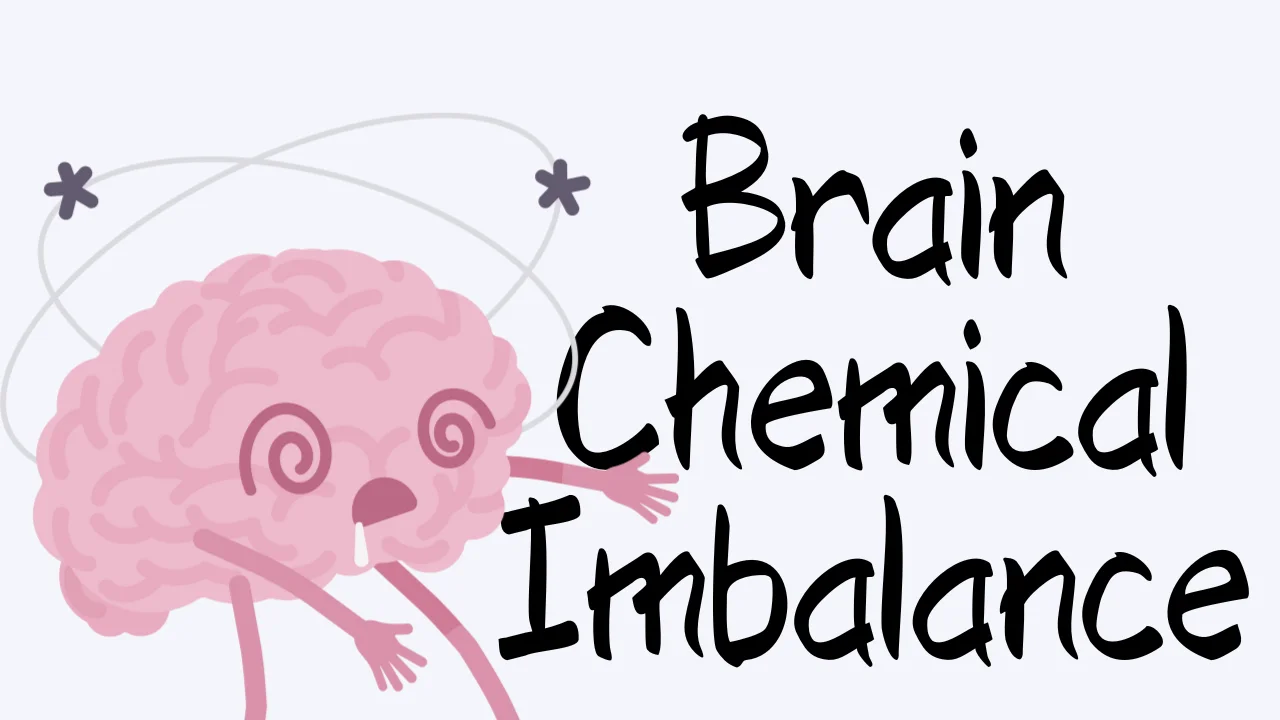
In the ever-evolving landscape of health and wellness, the importance of maintaining a well-nourished brain cannot be overstated. Our cognitive abilities, emotional well-being, and overall quality of life are intrinsically linked to the delicate balance of nutrients that fuel our neural pathways. Among these essential components, vitamins emerge as unsung heroes, playing a pivotal role in supporting brain health and function. As an expert in the health industry, I am committed to shedding light on the remarkable impact of vitamins on our brain's performance and longevity.
What is Brain Chemistry
Before delving into the specific vitamins that contribute to brain health, it is crucial to understand the intricate workings of brain chemistry. Our brain is a complex network of billions of neurons, constantly communicating through the release and reception of chemical messengers known as neurotransmitters. These neurotransmitters, such as serotonin, dopamine, and norepinephrine, regulate a wide range of cognitive and emotional processes, including mood, memory, focus, and sleep.
The Role of Vitamins in Brain Function
Vitamins are essential micronutrients that our bodies require in small quantities to perform various biological functions. While their individual roles may seem minute, their collective impact on brain health is nothing short of remarkable. These vital nutrients act as catalysts, facilitating numerous biochemical reactions that support optimal brain function.
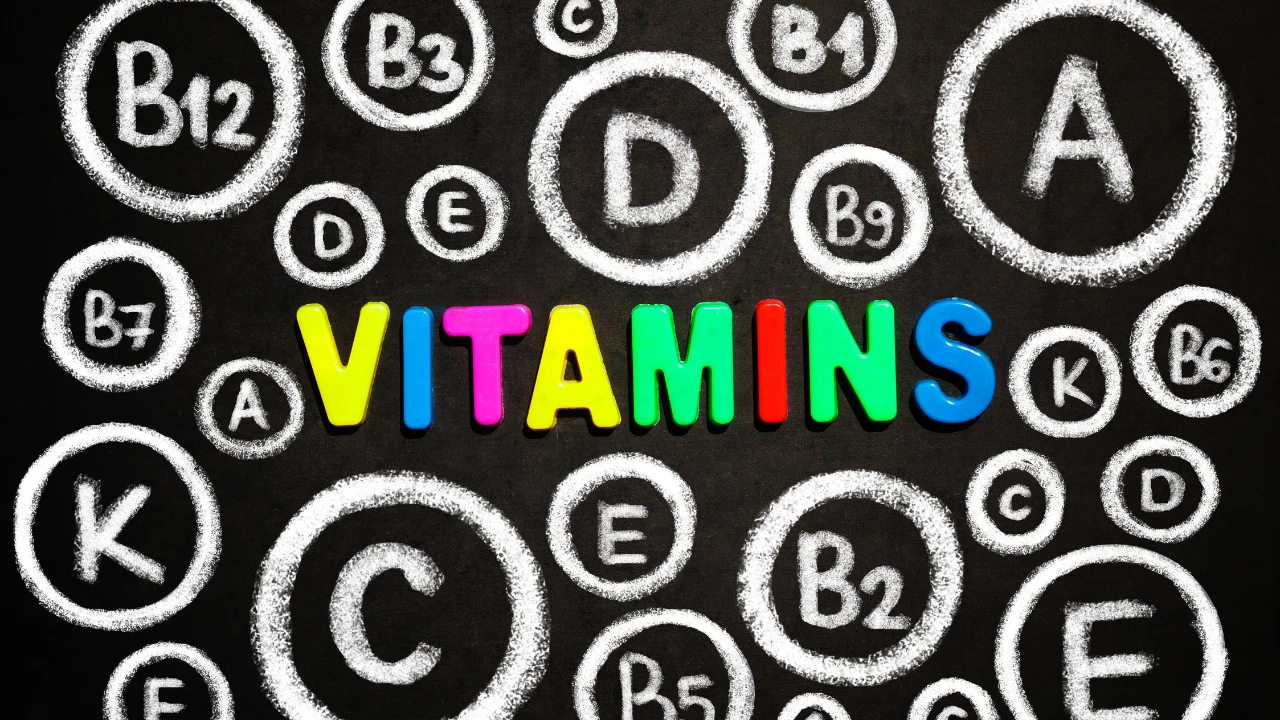
Here is a more detailed look at the key vitamins that contribute to brain health:
- Vitamin B1 (Thiamine): Thiamine, also known as vitamin B1, is a water-soluble vitamin that plays a crucial role in energy metabolism and neural function. It is essential for the conversion of glucose into energy, which is the primary fuel source for the brain.
- Role in Brain Function: Thiamine is involved in the metabolism of glucose, enabling the brain to derive energy from this vital nutrient. It also plays a role in the production of neurotransmitters, such as acetylcholine, which is essential for memory, learning, and cognitive function.
- Deficiency Effects: Thiamine deficiency can lead to a variety of neurological problems, including impaired cognitive function, memory loss, and fatigue. In severe cases, it can result in a condition called Wernicke-Korsakoff syndrome, characterized by confusion, loss of coordination, and profound memory impairment.
- Vitamin B6 (Pyridoxine): Vitamin B6, also known as pyridoxine, is a water-soluble vitamin that plays a vital role in the metabolism of proteins, fats, and carbohydrates. It is also essential for the production of several neurotransmitters involved in brain function.
- Role in Brain Function: Vitamin B6 is involved in the synthesis of neurotransmitters, such as serotonin, dopamine, and norepinephrine, which regulate mood, sleep, appetite, and cognitive function. It also supports the formation of myelin, the protective sheath that insulates nerve fibers, ensuring efficient communication between neurons.
- Deficiency Effects: Deficiency in vitamin B6 can lead to various neurological symptoms, including cognitive impairment, depression, irritability, and difficulty concentrating. It may also contribute to the development of conditions like Alzheimer's disease and Parkinson's disease.
- Vitamin B9 (Folate): Folate, also known as vitamin B9, is a water-soluble vitamin that is crucial for cell growth, development, and DNA synthesis. It plays a vital role in brain development and function throughout the lifespan.
- Role in Brain Function: Folate is essential for the proper development of the brain and nervous system, particularly during fetal development and early childhood. It supports the formation of neurotransmitters and helps maintain healthy brain cell function.
- Deficiency Effects: Folate deficiency during pregnancy can increase the risk of neural tube defects in the developing fetus. In adults, deficiency has been linked to cognitive decline, memory problems, and an increased risk of depression and other mental health issues.
- Vitamin B12 (Cobalamin): Vitamin B12, also known as cobalamin, is a water-soluble vitamin that is essential for the proper functioning of the brain and nervous system. It plays a crucial role in the formation and maintenance of myelin, the protective sheath that surrounds nerve fibers.
- Role in Brain Function: Vitamin B12 is involved in the production of red blood cells, which are essential for delivering oxygen to the brain. It also supports the synthesis of neurotransmitters, such as serotonin and dopamine, and helps maintain the integrity of myelin, ensuring efficient communication between neurons.
- Deficiency Effects: Vitamin B12 deficiency can lead to a wide range of neurological symptoms, including cognitive impairment, memory problems, mood disorders, and peripheral neuropathy (nerve damage). It may also increase the risk of developing conditions like Alzheimer's disease and other forms of dementia.
- Vitamin C: Vitamin C, also known as ascorbic acid, is a water-soluble vitamin with powerful antioxidant properties. It plays a vital role in protecting the brain from oxidative stress and supporting cognitive function.
- Role in Brain Function: Vitamin C acts as an antioxidant, neutralizing harmful free radicals that can damage brain cells and contribute to age-related cognitive decline. It also supports the synthesis of neurotransmitters and facilitates the absorption of iron, which is essential for proper brain function.
- Deficiency Effects: Vitamin C deficiency can lead to fatigue, impaired cognitive function, and an increased risk of neurodegenerative diseases like Alzheimer's disease. It may also contribute to the development of depression and other mood disorders.
- Vitamin D: Vitamin D is a fat-soluble vitamin that is primarily obtained from exposure to sunlight and dietary sources. It plays a crucial role in regulating various bodily functions, including brain health and cognitive function.
- Role in Brain Function: Vitamin D receptors are present in the brain, where it supports the regulation of neurotransmitters, neuronal growth, and the formation of new brain cells (neurogenesis). It also exhibits neuroprotective properties, helping to reduce inflammation and oxidative stress in the brain.
- Deficiency Effects: Vitamin D deficiency has been associated with an increased risk of cognitive impairment, depression, and neurodegenerative diseases like Alzheimer's and Parkinson's disease. It may also contribute to impaired cognitive function, particularly in older adults.
- Vitamin E: Vitamin E is a fat-soluble vitamin with potent antioxidant properties. It plays a crucial role in protecting brain cells from oxidative damage caused by free radicals, which can contribute to age-related cognitive decline and neurodegenerative diseases.
- Role in Brain Function: Vitamin E acts as an antioxidant, neutralizing harmful free radicals that can damage brain cells and disrupt neuronal communication. It also supports the maintenance of healthy brain cell membranes and may enhance cognitive function by improving blood flow to the brain.
- Deficiency Effects: Vitamin E deficiency has been linked to an increased risk of cognitive impairment and neurodegenerative diseases like Alzheimer's disease. It may also contribute to impaired cognitive function, particularly in older adults.
Addressing Vitamin Deficiencies
While a balanced diet rich in whole foods can provide many of the necessary vitamins for brain health, certain factors, such as age, medical conditions, and dietary restrictions, can contribute to vitamin deficiencies. Recognizing and addressing these deficiencies is crucial for maintaining optimal brain function.

Here are some common signs and symptoms of vitamin deficiencies that may impact brain health:
- Fatigue and weakness
- Memory problems and cognitive impairment
- Mood disturbances, such as depression or anxiety
- Impaired coordination and balance
- Nerve problems, such as numbness or tingling
To identify potential deficiencies, healthcare professionals may recommend blood tests or other diagnostic measures. Once deficiencies are identified, appropriate supplementation or dietary modifications can be implemented to restore vitamin levels and support brain health.
Dietary Sources of Brain-Boosting Vitamins
While supplements can be beneficial in addressing deficiencies, it is generally recommended to obtain essential vitamins from whole food sources whenever possible.

Here are some vitamin-rich foods that can contribute to brain health:
Vitamin B1 (Thiamine):
- Pork, seeds, nuts, legumes, and whole grains.
Vitamin B6 (Pyridoxine):
- Poultry, fish, bananas, potatoes, and fortified cereals.
Vitamin B9 (Folate):
- Leafy green vegetables, citrus fruits, beans, and fortified grains.
Vitamin B12 (Cobalamin):
- Meat, fish, eggs, and dairy products.
Vitamin C:
- Citrus fruits, bell peppers, broccoli, and strawberries.
Vitamin D:
- Fatty fish, egg yolks, and fortified foods (milk, cereals, and juices).
Vitamin E:
- Nuts, seeds, avocados, and plant-based oils.
Incorporating a variety of these nutrient-dense foods into your diet can provide a synergistic blend of vitamins and other essential nutrients that support brain health and overall well-being.
Lifestyle Factors Impacting Brain Health
While vitamins play a crucial role in brain function, it is important to recognize that brain health is influenced by a multitude of factors. Adopting a holistic approach that encompasses various lifestyle practices can enhance the benefits of vitamin intake and promote overall cognitive well-being.
Physical Activity Regular exercise has been shown to improve blood flow to the brain, stimulate the release of neurotransmitters, and promote neurogenesis (the formation of new brain cells). Aim for at least 150 minutes of moderate aerobic activity or 75 minutes of vigorous activity per week, combined with strength training exercises.
Stress Management Chronic stress can have a detrimental impact on brain function, contributing to cognitive impairment, memory problems, and an increased risk of neurological disorders. Incorporate stress-reducing practices such as meditation, yoga, deep breathing exercises, or engaging in hobbies and activities that promote relaxation.
Quality Sleep Adequate sleep is essential for cognitive function, as it allows the brain to consolidate memories and clear out metabolic waste. Aim for 7-9 hours of quality sleep each night and establish a consistent sleep routine.
Cognitive Stimulation Engaging in mentally stimulating activities, such as reading, puzzles, learning new skills, or participating in social activities, can promote neuroplasticity (the brain's ability to adapt and form new neural connections) and potentially reduce the risk of cognitive decline.
Social Connections Maintaining strong social connections and engaging in meaningful relationships has been linked to better cognitive function and a reduced risk of dementia. Prioritize quality time with loved ones, join social groups, or volunteer in your community.
By incorporating these lifestyle practices alongside a vitamin-rich diet, you can create a comprehensive approach to promoting brain health and optimizing cognitive function throughout your lifespan.
Professional Guidance and Support
While incorporating vitamins and lifestyle modifications can be beneficial for brain health, it is essential to seek professional guidance, especially in cases of pre-existing medical conditions or suspected deficiencies. Healthcare professionals, such as physicians, nutritionists, and mental health experts, can provide personalized advice, recommend appropriate diagnostic tests, and develop tailored treatment plans to address your specific needs.
Remember, brain health is a complex interplay of various factors, and a collaborative approach involving healthcare professionals can ensure that you receive the best possible care and support throughout your journey towards optimal cognitive well-being.
Conclusion: Embracing a Brain-Friendly Lifestyle
In the ever-evolving pursuit of optimal brain health, the role of vitamins cannot be overstated. These essential micronutrients serve as the building blocks for countless biochemical processes that support cognitive function, emotional well-being, and overall neurological health. However, it is important to recognize that vitamins are just one piece of the puzzle.
Embracing a holistic lifestyle that incorporates regular physical activity, stress management techniques, quality sleep, cognitive stimulation, and strong social connections can amplify the benefits of vitamin intake and create a synergistic approach to promoting brain health.
As we navigate the complexities of modern life, it is crucial to prioritize our cognitive well-being and make informed choices that nurture our brain's potential. By incorporating vitamin-rich foods, considering appropriate supplementation when necessary, and adopting brain-friendly lifestyle practices, we can unlock the keys to optimal cognitive function, resilience, and longevity.
Remember, investing in brain health is an investment in our overall quality of life, enabling us to embrace each day with clarity, focus, and emotional balance. Embark on this journey with determination and seek professional guidance when needed, for a well-nourished brain is the foundation upon which our greatest achievements are built.
Take Charge of
Your Brain Health Today!
Shop Now!
Similar Articles:
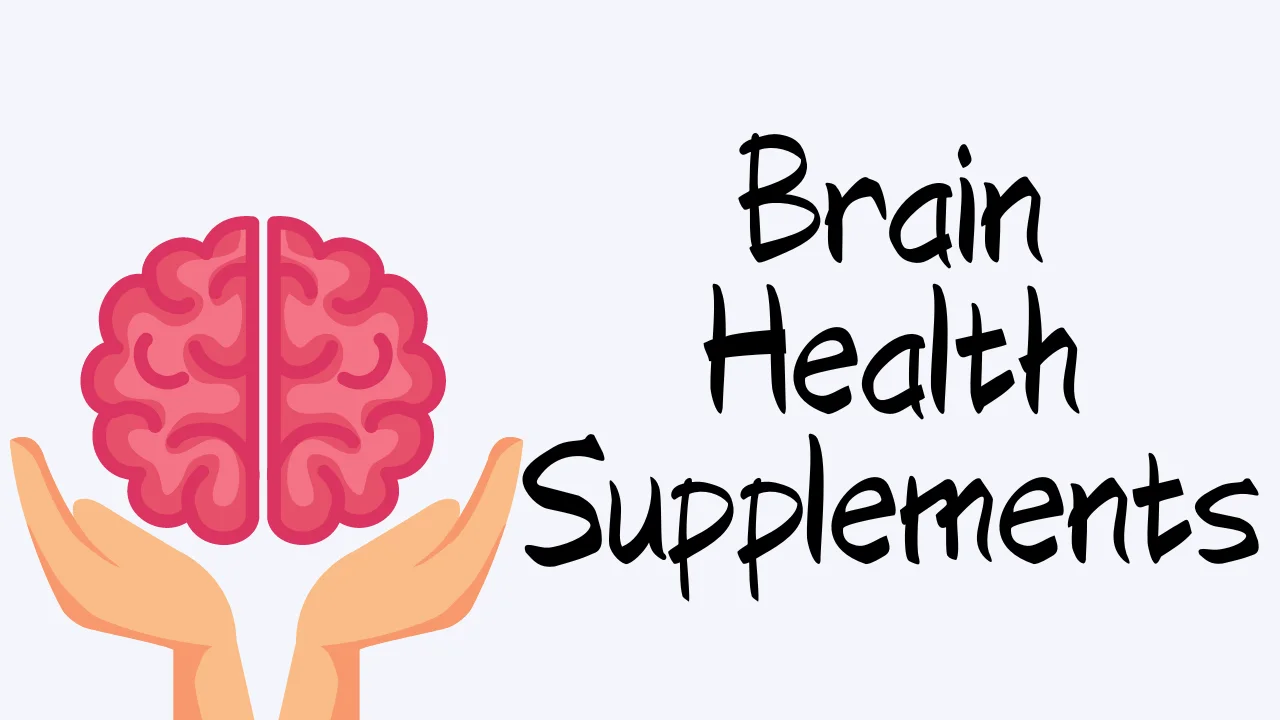
Brain Health Supplements
Brain health supplements can be a great way to support your mental well-being and overall brain...
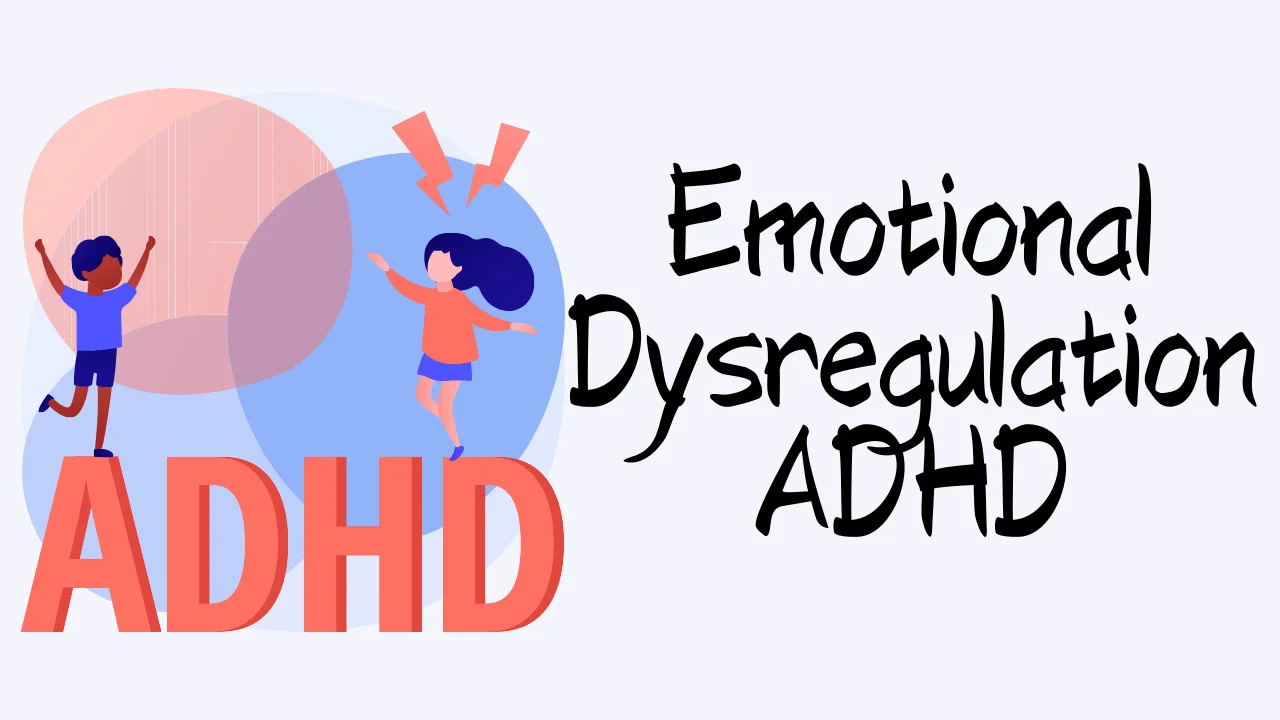
Emotional Dysregulation And ADHD
Attention-deficit/hyperactivity disorder (ADHD) is a common neurodevelopmental disorder...
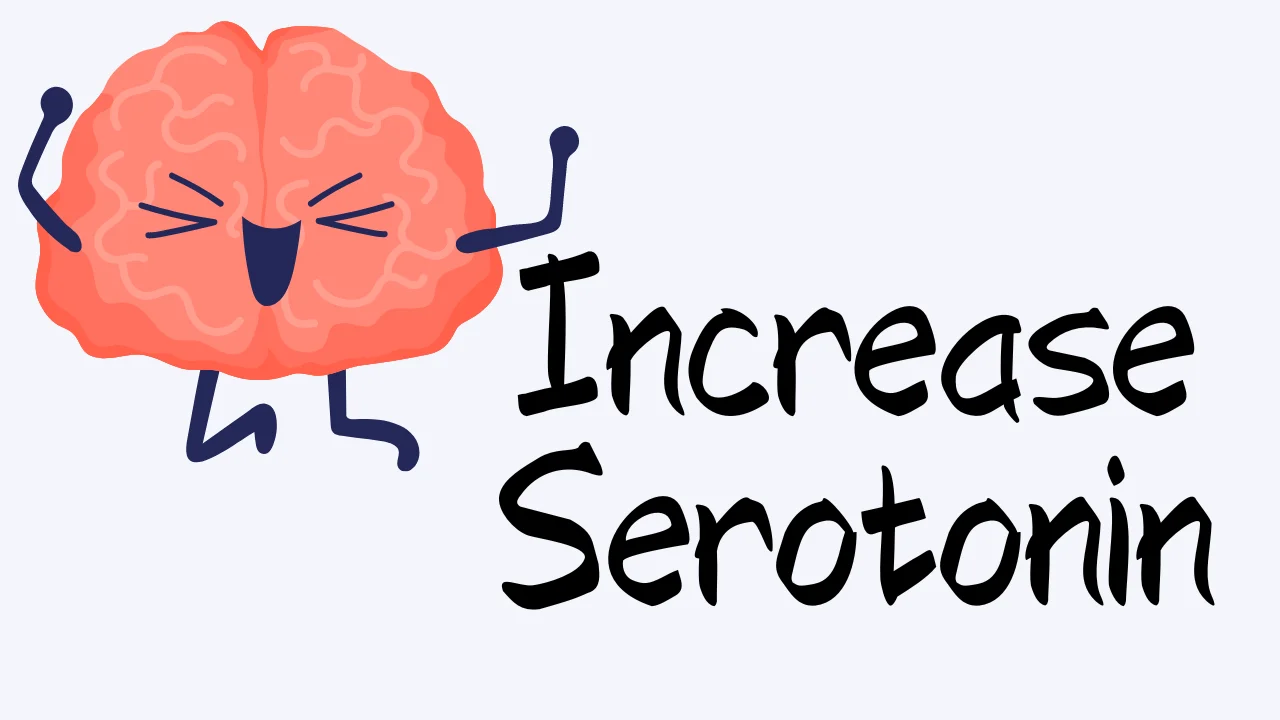
How To Increase Serotonin
Positive social interactions play a crucial role in the regulation of serotonin, a neurotransmitter...